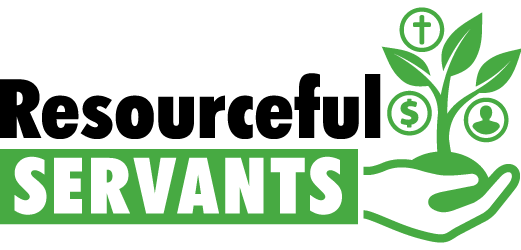Conduct an Annual Audit
An annual audit of congregational financial systems and reports is a practice of responsibility, not a sign of distrust. Much like manufacturers have quality-control procedures, an audit helps verify the accuracy of reports and qualifies financial controls for the safe handling of funds. An annual audit process also helps discourage embezzlement as it sends a signal that systems are in place to uncover it.
Audits can cover many facets of financial and accounting operations. In fact, the ELCA Congregational Audit Guide goes through 33 kinds of audits. Audits can be conducted by people inside or outside of the congregation, for free or as paid auditors. A person does not need to be a CPA to serve on an audit team but should have some experience with financial and accounting practices and terms. Auditors should also be independent of those whose work they are reviewing and should report their results to some independent governing body or committee.
In some cases, audits can be done throughout the year as opposed to the end of the year. By avoiding particularly busy times of the year, this might make it easier to accomplish the audit.


